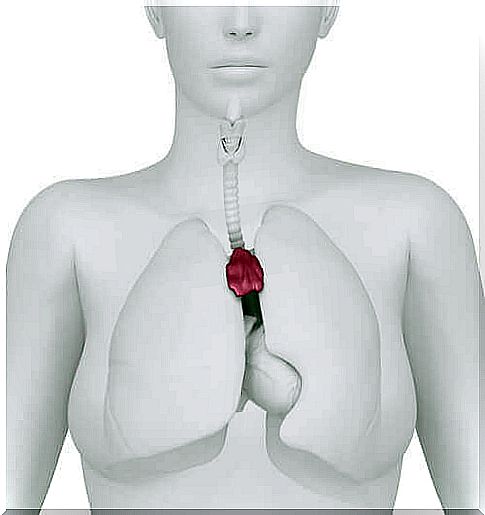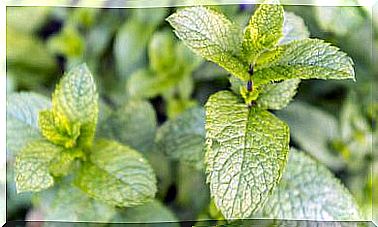Thymus – Immune Command Center

The thymus is a very important part of the lymphatic system. Historically, it has been identified with strictly spiritual, not physiological, aspects. For many centuries it was believed that the thymus was the source of strength and the place where the so-called fourth chakra was located.
According to traditional beliefs, it represents the heart and the ability to love. The very Greek word “thýmos “ , meaning thymus, originally meant heart, soul and desire. The thymus gland is located in the center of the chest, just behind the breastbone.
No wonder then that countless cultures have references to the spiritual and emotional role of this organ. You may have a different opinion about traditional beliefs and religions, but the scientific approach is not all that different from the spiritual and the supernatural.
Does the thymus affect the emotional state?
While reading about the thymus, we may encounter a lot of scientifically questionable information on our way. Many of them concern the spiritual layer of life and the supposed supernatural properties of the thymus. In some materials one can find, for example, claims about the influence of the thymus gland on the emotional and spiritual state.

It is worth clarifying right away that this is not true. The functions performed by the thymus gland have nothing to do with emotions or spirituality – they relate strictly to the body’s immunity.
How does the thymus gland work?
- The thymus is not a uniform structure, but rather an organ consisting of two lobes located in the center of the chest, in line with the heart.
- Its function is to collect still immature T lymphocytes from the bone marrow.
- Under favorable conditions, the thymus allows these cells to mature and thus prepare the immune system to attack by external pathogens.
- The thymus also performs a kind of positive selection. All inadequate T cells are cleared by macrophages of some sort.
- Good quality lymphocytes get a chance to develop and enter the bloodstream to fight pathogens.
- In addition, the thymus activates B cells, which stimulate the production of antibodies and are responsible for immune memory, thanks to which we better cope with diseases that we have developed in the past.
Thymus changes throughout life
According to traditional beliefs, the thymus would increase and decrease depending on emotional states. Of course, this has nothing to do with the scientific facts. The thymus gland is larger in children and then begins to contract during adolescence. Thymus tissues are gradually replaced with adipose tissue.

Is this a completely positive process? Yes, it is a natural phenomenon, completely not disrupting the normal functioning of the body and not posing any health risks. Regardless of the size of the thymus gland, T cells mature anyway. This is all that matters when it comes to the well-functioning of the immune system.
What diseases can affect the thymus?
The thymus, just like any other organ of our body, can suffer from various types of disorders, cancer, inflammation and cysts. Let’s take a closer look at the possible threats to the thymus gland and our health.
- DiGeorge’s syndrome is a rare disorder of the thymus gland, resulting in immunodeficiency and small cysts.
- Thymus hyperplasia is associated with the presence of lymph nodes. Lupus is the immediate cause.
- A neoplastic disease can also attack the thymus. It is more common in women, and the tumor can be both benign and malignant.
What is the best way to care for this organ?
As you can see, we don’t really think about what the thymus is and what functions it is actually responsible for. Now that you know the basic information about it, it is worth considering how to facilitate its functioning and take care of it every day. Thanks to a healthy thymus, you will also enjoy the body’s high immunity.

Here are some rules you may find useful:
- Eat fresh fruit and vegetables, preferably organic.
- Avoid processed foods, saturated fats, preservatives, and refined sugar.
- Eat foods rich in vitamin E such as avocados and sprouts.
- Also enrich your diet with vitamin C.
- Don’t forget broccoli, onions and garlic.
- Add turmeric to your dishes.
- Drink lots of green tea.
- Instead of meat, choose fish rich in omega-3 fatty acids from time to time.
- Do not forget about the proper dose of vitamin D.
- Perform moderate-intensity exercise to improve cellular oxygenation and blood circulation.
In summary, the functioning of the thymus will be greatly influenced by the generally understood healthy lifestyle, good stress management and the selection of an appropriate diet. Good luck!









